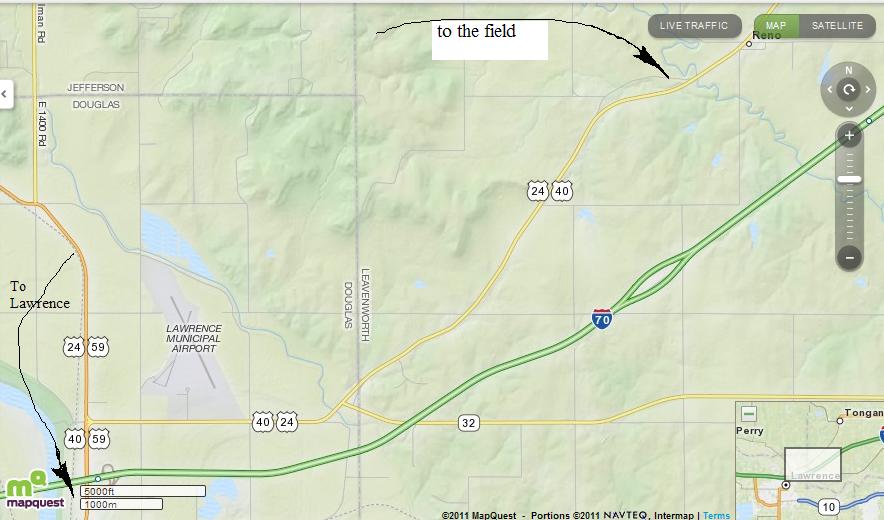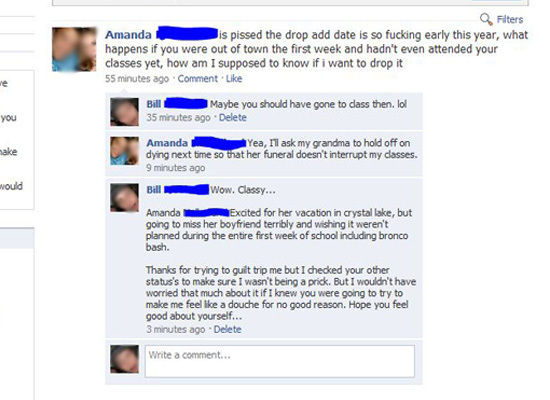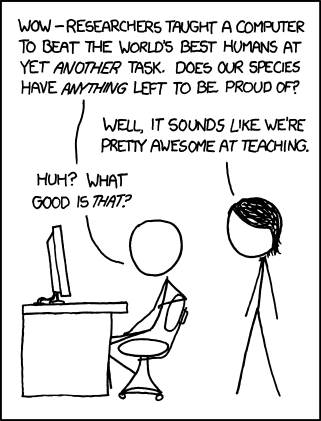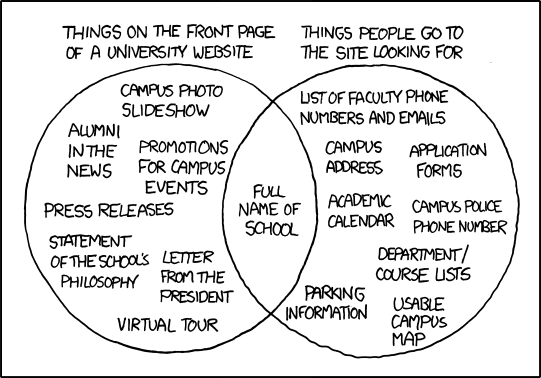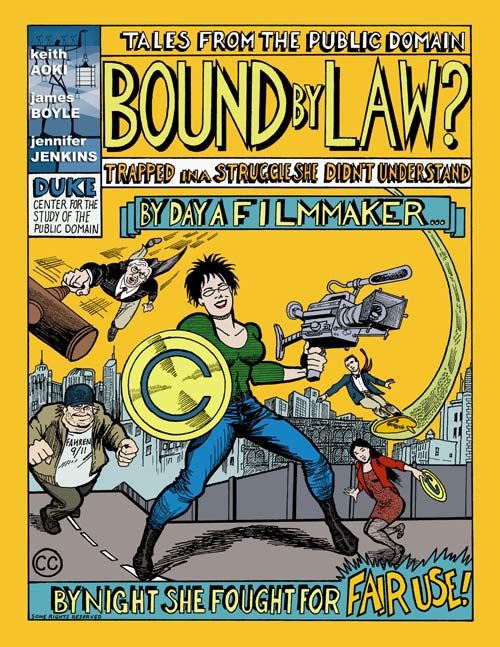Podcasting can be compared to radio programs made available on demand rather than broadcast arbitrarily. It can also be likened to blogging, and is sometimes referred to as audio blogging (Learn Out Loud). Podcasts can be the content delivered during class (i.e. the class itself), or supplemental material such as audio productions of written literature, interviews, discussions or almost anything. Mikat, Martinez and Jorstad (2007) call podcasting, “a new and powerful tool that can potentially benefit students and instructors. Podcasts are versatile, reusable, interesting, and stimulating to the new generation of technology-savvy students, and they can be listened to at the consumer’s leisure” (p. 15). Ample evidence supports the potential educational benefits of podcasting. Duke University has developed curriculum exploiting the potential of Podcasts, and Duke Provost Peter Lange reports “The direct effect of iPods …[is that] students learn better” (ctd in Allen, 2007).
The addictive appeal of the accelerated communication and convenience of content portable on demand is difficult to overstate. According to the 2005 Pew Internet and American Life Project, 22 million adults own iPods or MP3 players and of that 22 million 29% (approximately 6 million people) have downloaded podcasts from the web. When we consider that the vast majority, 80%, use their computers to listen to these broadcasts (Essex, 2006, Bridge Ratings, 2005), this burgeoning communication medium is expected to continue growing. The technology is already in students’ hands. Lum (2006) cites national studies showing, “more than 80 percent of college students own at least one device that can download and play recordings.” In predicting future trends, Bridge Ratings estimated a conservative 45 million people will have listened to a podcast by 2010; more aggressive estimates put that number at 75 million. Ipods, the most popular portable music player was the number one most “in” thing on campus in 2006, according to the Student Monitor’s “Lifestyle & Media Study” (cited in Winham 2007). Interestingly the ipod bumped the former number one, beer.
The use and production of podcasts fulfills Lunsford’s definition of writing, and benefits NNS and those who are auditory learners. The students will benefit because, as Baskin and Harris (1995) point out, audio “can facilitate understanding of dialect and complex language, emphasize humor and drama, and provide the benefits of storytelling” (p.272). Troyka elaborates:
for naive, limited, or simply inexperienced readers, proper names and uncommon words may be heard correctly pronounced for the first time, offering suitable models, comfortably extending vocabulary, and overcoming possible barriers to the flow of the narrative.. More significantly, the professional narrator, bringing finely honed dramatic skills to an interpretation of a text, can generate excitement and captivate a wide spectrum of listeners from the inept and the unwilling to the expert and the passionate (1982, p373).
Many researchers and teachers, Ong (1978), Troyka (1982), Heath (1983), and Sabrio (2007) among them, have long documented and elaborated upon the great “extent to which many of our entering college students are products of an oral culture” (Sabrio p.39-40).
Work Cited
- Allen, I. E., & Seaman, J. (2006). Making the grade: Online education in the United States. Needham, MA: Sloan-C. Retrieved March 29, 2008, from http://www.sloan-c.org/publications/survey/pdf/making_the_grade.pdf
-
Baskin, B. H. and Harris, K. (February 1995) “Heard any good books lately? The case for audiobooks in the secondary classroom” Journal of Reading. 38:5 p. 372-376
-
Bridge Ratings (2005) Bridge ratings industry update: The podcasting outlook. Retrieved November 12, 2007 from http://www.bridgeratings.com/press_11.12.05.PodProj.htm
-
Essex, C. (2006) Podcasting: a new delivery method for faculty development. Distance Learning. 3:2. p 39-44
-
Heath, S. B. (1983) Ways with words: language, life, and work in communities and classrooms. New York: Cambridge University Press
-
Lum, L. (2006) Language, culture & technology. Diverse Issues in Higher Education. Sept. 21, vol. 23. no 16, page 30
-
Ong, W (1978). Literacy and orality in our times. ADE Bulletin, 58, 1-7
- Mikat, Martinez and Jorstad (2007) Podcasting for your class. Journal of Physical Education, Recreation and Dance. May/June vol 78. No. 5
-
Sabrio, D (2007 spring) Research in developmental writing courses and implications for practice. NADE Digest, 3 (1) pp 39-
-
Troyka, L. (1982) Perspectives on legacies and literacy in the 1980’s. College Composition and Communication, 33 (3), 252-261
- Windham, C. (May/June 2007) “Confessions of a Podcast Junkie” EDUCAUSE Review http://www.educause.edu/apps/er/erm07/erm0732.asp accessed 11-15-7

 Map with directions found below.
Map with directions found below.
